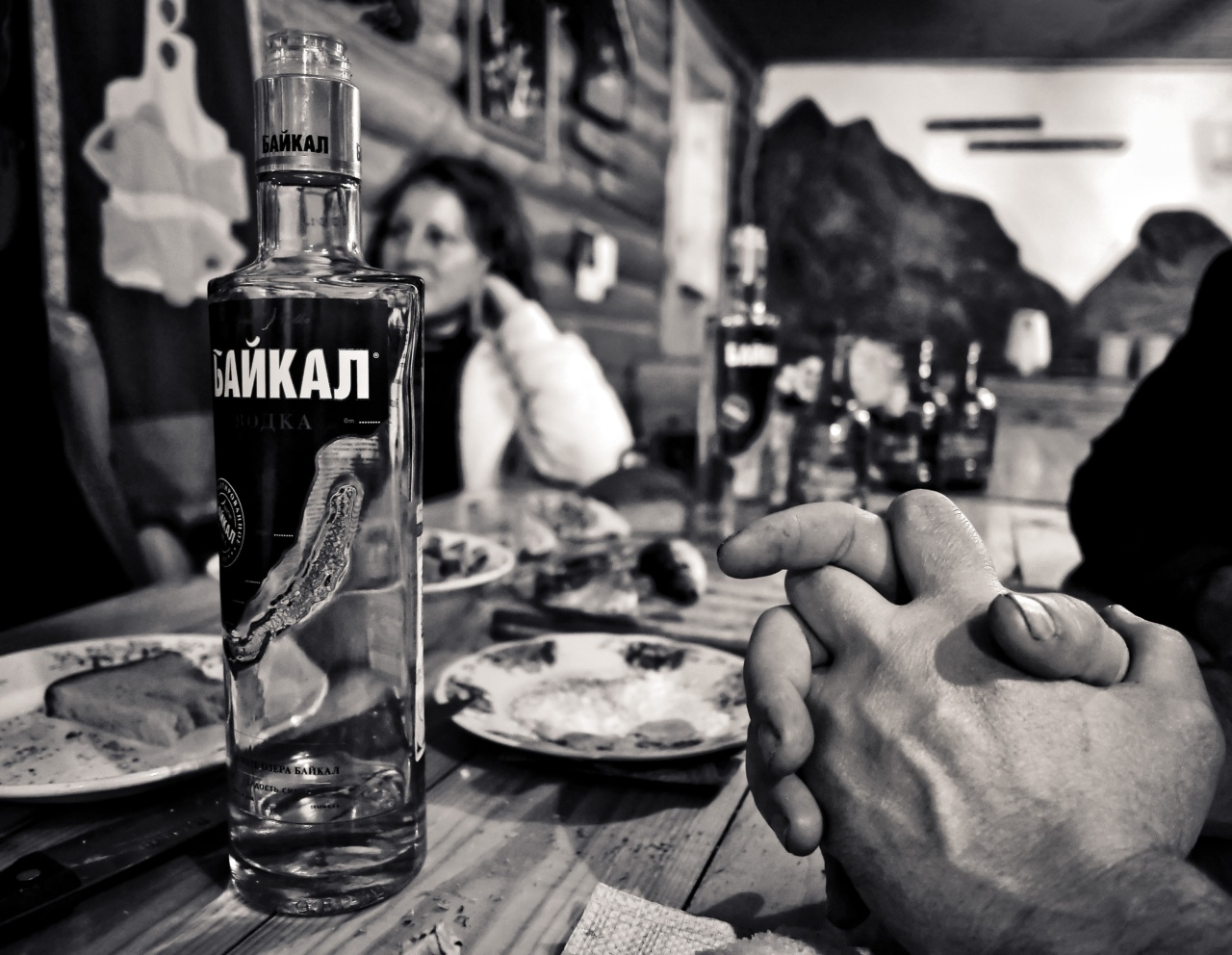Alcohol and food have a complicated relationship. Drinking alcohol often leads to an increased appetite, even after you’ve eaten a full meal. This phenomenon is known as the ‘munchies’.
What Causes the Munchies?
The reasons why drinking alcohol makes you want to eat more are varied and complex. Experts believe that alcohol stimulates the appetite in several ways. For example:.
Alcohol Lowers Blood Sugar Levels
Alcohol disrupts the body’s normal blood sugar regulation system by inhibiting glucose production in the liver. This causes a drop in blood sugar levels, which can lead to an increase in appetite.
Alcohol can even cause the body to go into hypoglycemic shock, which can trigger the release of adrenaline. This, in turn, can stimulate the appetite and lead to hunger pangs.
Alcohol Affects the Brain’s Reward System
The pleasure and reward centers in the brain are activated by the consumption of alcohol. This activation can lead to an increase in appetite, as the body seeks to replicate the pleasure associated with the initial alcohol consumption.
This process is similar to how the brain responds to other pleasurable activities, such as sex or drugs.
Alcohol Lowers Inhibitions
Alcohol can reduce inhibitions and impair judgment, making it easier to indulge in unhealthy foods or overeat. This effect is amplified when alcohol is consumed in social settings, where peer pressure can also influence eating choices.
Alcohol Dehydrates the Body
Alcohol is a diuretic, which means it increases the production of urine. This can lead to dehydration, which can cause feelings of thirst. These feelings can often be mistaken for hunger, leading to overconsumption of food.
The Type of Alcohol Matters
The type of alcohol consumed can also impact appetite. For example, beer and wine contain carbohydrates and sugars, which can lead to a release of insulin in the body. This can result in a drop in blood sugar levels, which can trigger hunger pangs.
Liquor, on the other hand, does not contain carbohydrates, but it does affect the reward centers in the brain, which can lead to an increase in appetite.
Alcohol Can Trigger Cravings
The consumption of alcohol can trigger cravings for specific types of food. This is because alcohol can impact the production of neurotransmitters in the brain, such as dopamine and serotonin.
These neurotransmitters are responsible for regulating mood and appetite, and disruptions to their production can cause intense cravings for salty, sugary, or fatty foods.
The Bottom Line
Drinking alcohol can lead to an increase in appetite. This is due to the impact of alcohol on various bodily systems, such as blood sugar regulation and the brain’s reward system. Alcohol can also impair judgment, leading to overconsumption of food.
To minimize the impact of alcohol on your appetite, it’s important to consume alcohol in moderation and to make healthy eating choices.





























